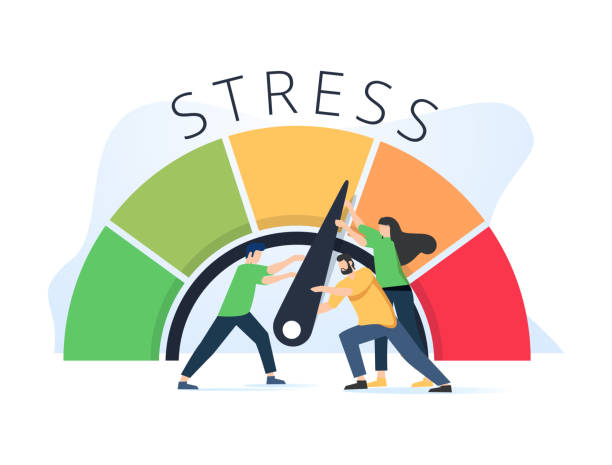There are no products in your cart
Categories
TOP
TOP
- 1. COVID -19 SEJOY rapid antigen test for nasal passages
- 2. Rapid test for COVID-19 antigens
- 3. AteroLip complex N90. Better price!
- 4. 3 PCS of AteroLip complex N90 better price!
- 5. BASICA SPORT, 660 g
- 6. 4 PCS of AteroLip complex N90 better price!
- 7. A+E vitamins Nourishing Ointment 60g BIG PACK
- 8. Sale! 3 PCS of FORCAPIL, effective nutritional supplement for ...
- 9. Orthomol Immun (30 daily doses)
- 10. Orthomol Arthro plus (30 daily doses)
Now Online
Now Online
We have 341 guests and 1 member online
Health
How does stress affect our body and mind?

Stress is a widespread phenomenon that takes many forms and affects human health, including both physical and psychological states. Stress is defined as the body's response to an external or internal pressure or threat that forces it to adapt or react. The experience of stress can be subjective, depending on a person's personal perception, assessment and ability to cope with challenges.
Endometriosis and its complications

Endometriosis is a relatively common chronic disease in which endometrial-like tissue, similar to the lining of the uterus, grows and develops outside the uterus. This process usually occurs in the pelvic area, such as on the ovaries, fallopian tubes, pelvic walls, and even the intestines, but theoretically it can occur anywhere in the body. Although these growths are not cancerous, they can cause severe pain, inflammation, and sometimes severe menstrual disturbances, and can also be a cause of infertility.
Bulimia. Psychological, social and biological factors
Bulimia is a mental health disorder that falls under the category of eating disorders. It is a condition in which a person has repeated episodes of severe binge eating, during which they eat large amounts of food in a short period of time, and feel a great deal of guilt or shame afterward. In order to reduce the risk of weight gain or "undo" the consequences of overeating, a person may take compensatory measures, such as inducing vomiting, abusing laxatives, artificially starving or exercising excessively. The causes of bulimia are complex and often involve psychological, social and biological factors, including low self-esteem, social pressure to meet certain body image standards, as well as genetic predisposition, etc.
Why does urticaria recur?

Urticaria is a skin condition characterized by itchy, red or white blisters or nodules that can appear anywhere on the body. These symptoms are caused by the body releasing a chemical called histamine in response to various external or internal causes, including food allergies, medications, infections, physical stress, heat or cold. The symptoms of urticaria can appear suddenly and vary greatly in both appearance and duration - from a few hours to a few days, and sometimes even longer when we talk about chronic urticaria, which lasts more than six weeks, sometimes even a year or more.
Support for liver health. What do you need to know?

The liver is a vital organ that performs many functions necessary for the health of the whole body. One of their main functions is the regulation of metabolism, including the metabolism of carbohydrates, proteins and lipids. The liver transforms nutrients into energy and also produces essential proteins, such as albumin, which maintains blood volume and transports hormones, vitamins, and other small molecules. In addition, the liver neutralizes and removes toxins, drugs and other harmful substances from the blood, converting them into harmless compounds, which are then removed from the body through the kidneys or intestines.
More Articles...
Page 2 of 44







